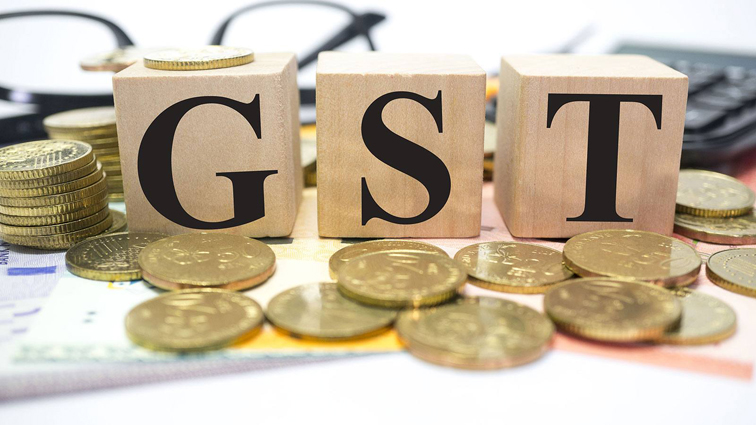NEW DELHI : The hopes of FMCG companies on the back of a good monsoon and the Seventh Pay Panel award came partially unstuck after the government’s sudden move to pull back currency notes upset the applecart towards the end of 2016.
Two years of slow growth meant the companies had been gearing up to turn the corner on a likely demand surge because of a hike in salary and more rural income.
The fast-moving consumer goods players (FMCG) chose to describe the phase post November 8, when the notes ban was announced, as “a temporary blip” that is unlikely to prolong the slowdown and “demand should pick up next quarter on the back of strong demand and consumption”.
Like the rest of the economy, the industry is getting ready for life after a likely GST rollout in 2017, which analysts said “is expected to bring relief… From high taxation and consequent increase in cost”.
Acknowledging that there will be pain in the short term, the organised players believe that demonetisation and GST will stand them in good stead vis-a-vis unorganised players because of compliance and structural changes which will ensue.
Looking forward to the next year, Marico MD and CEO Saugata Gupta told PTI: “We expect the fourth quarter to be better and settled in comparison to third. We are already seeing some signs of recovery, especially in stand-alone modern trade, urban, retail and chemists, but it will take time to stabilise completely.”
From a long-term perspective, he said: “The demonetisation coupled with GST will lead to more compliance and bring about structural changes in the way the wholesale functions in the sector. There is absolutely no change in the medium- and long-term growth aspirations. In fact, organised players like us will further benefit.”
EY India Partner and Leader (Retail and Consumer Products) Pinakiranjan Mishra agreed: “This will bring businesses into the tax bracket while lowering the tax impact and bringing more transparency… This will also create a level-playing field among players by bringing all into the tax system.”
But for the moment, the industry is reconciled to dealing with the after-effect of demonetisation.
“Overall, 2016 was a lacklustre year for the FMCG sector. We did see some recovery, with growth inching up to low single digits… (but) the hopes of a significant revival post a strong monsoon have been temporarily derailed by the impact of demonetisation,” said Godrej Consumer Products (GCPL) MD Vivek Gambhir.
ITC Chief Operating Officer Sanjiv Puri pointed to the difficulty faced by consumers, wholesalers, retailers, brand owners and manufacturers.
“Certainly, in this period, growth rates would be muted. Some categories which are high on consumer discretionary would even have degrowth,” he noted.
Puri was quick to add: “In the short run, we have
challenges, but are still optimistic because India has long positives going for itself.”
According to Rajat Wahi, Head, Consumer Markets and Agriculture, KPMG in India, the FMCG firms will first have to address the issue of destocking in 2017 at wholesale and stockist levels as it failed to take off because of the cash crunch due to demonetisation.
“Demand for the last quarter was expected to be strong due to the good monsoon and the 7th Pay Commission payout, but due to the liquidity crunch following the demonetisation exercise, there will be slowdown in offtake as retail and wholesale trade adjusts to this,” he said.
Dabur India Chief Financial Officer Lalit Malik chipped in: “There has been massive amount of destocking across the entire trade channels and distributors, particularly wholesalers and retailers, which has led to a sharp drop in primary sales. So, while the actual consumer offtake may not have suffered very much, the destocking impact is severe.” (agencies)


